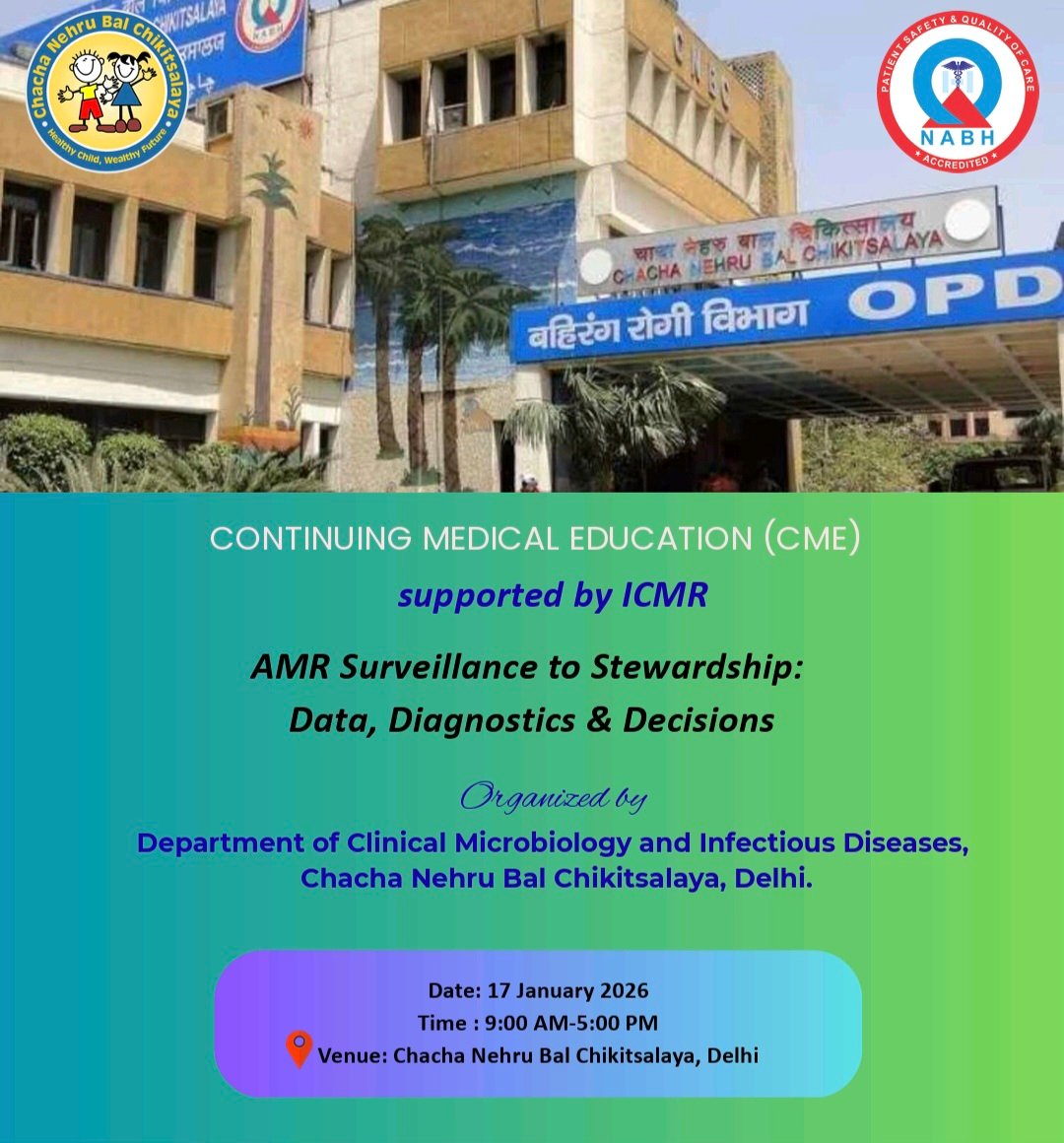Disclaimer: This post is for academic purposes only. Please read the original document if you intend to use them for clinical purposes.
This is the summary of the WHO document which presents a compelling case for increased investment and action in Infection Prevention and Control (IPC) programs and Water, Sanitation, and Hygiene (WASH) services. Healthcare-associated infections (HAIs) cause significant harm to patients, healthcare workers, and health systems globally, but most are preventable with adequate IPC and WASH. The document highlights the substantial return on investment (ROI) in IPC, both in terms of lives saved and economic benefits. It advocates for the implementation and monitoring of the WHO global action plan on IPC and emphasizes the urgent need for countries to meet minimum requirements for IPC to ensure the safety of patients and healthcare workers and to reduce HAIs and antimicrobial resistance (AMR). The WHO is positioned to lead and coordinate these efforts, especially in resource-limited settings.
Key Themes and Ideas:
The Burden of HAIs is Significant:
- HAIs cause significant suffering to patients, families and health workers and pose a high burden on health systems.
- They lead to prolonged hospital stays, complications like sepsis, disabilities, premature death, and healthcare worker absenteeism.
- Low- and middle-income countries (LMICs) experience a disproportionately higher HAI frequency and mortality burden compared to high-income countries (HICs).
IPC and WASH are Effective Solutions:
- Most of these infections are preventable with appropriate infection prevention and control (IPC) programmes and practices and basic water, sanitation and hygiene (WASH) services. Improving IPC and WASH saves lives and yields high economic gains.
- Key IPC measures include hand hygiene, standard precautions, personal protective equipment (PPE), environmental hygiene, disinfection, sterilization, injection safety, and aseptic practices. Adequate infrastructure for ventilation, WASH, and waste management are crucial.
- Multimodal improvement strategies (MMIS) are highly effective in reducing specific HAIs.
Economic Benefits of Investing in IPC:
- IPC ensures patient and health workers’ safety and quality of care.
- IPC directly improves health outcomes and saves lives
- IPC reduces health care costs and generates economic gains.
- Landmark institutional reports by OECD, World Bank and WHO demonstrated the potential high societal return on investment from appropriate IPC implementation and enforcement
- Hand hygiene and environmental hygiene in healthcare facilities generate the highest health and economic gains among interventions against AMR, based on a model for 34 OECD members and EU/EEA countries
- Investing in IPC is significantly cheaper than dealing with the consequences of inaction, which could lead to losses 30 times the amount considered in the (annual) investment to contain AMR (World Bank).
- Rapidly increasing access to personal protective equipment, combined with IPC training and education, during the first six months of the COVID-19 pandemic, would have led to a significant reduction of infections among health workers and the associated costs for treatments and loss of productivity.
WHO’s Leadership and Global Action Plan:
- WHO plays a leading role in providing guidance, developing standards, monitoring implementation, and supporting countries in IPC.
- The WHO Global Action Plan and Monitoring Framework (2024-2030) aims to improve IPC implementation and track progress at global, national, and facility levels. At the 77th World Health Assembly, all countries adopted the WHO global action plan and monitoring framework 2024–2030
Urgent Need for Action and Addressing Gaps:
- The documented harm caused to patients and health workers by weak or inappropriate IPC policies and practices calls for urgent and sustained action.
- Many countries have gaps in IPC implementation, including lack of national programs, dedicated budgets, and adherence to WHO minimum requirements. As of 2024, only 6% of countries met all the WHO minimum requirements for IPC programmes at the national level and in a sample of 5537 health care facilities from 92 countries, 15.8% met all WHO IPC minimum requirements. A significant proportion of healthcare facilities worldwide lack basic hand hygiene services.
Achieving Targets by 2030:
- The WHO Global Strategy and Action Plan envision a world where by 2030, everyone accessing or providing health care is safe from associated infections. Member States have agreed on indicators to track progress towards core targets, including increasing the proportion of countries with costed national action plans, legislation addressing IPC, dedicated IPC budgets, and adherence to WHO minimum requirements.
Call to Action for Stakeholders:
- International organizations, donors, and advanced countries can provide strategic, financial, and technical support to implement IPC national action plans, especially in resource-limited settings.
- Efforts should focus on addressing local needs, avoiding duplication, maximizing collaboration, and supporting research on low-cost solutions.
Recommendations:
- Prioritize IPC and WASH as critical components of national health strategies.
- Develop and implement costed national action plans on IPC aligned with the WHO Global Action Plan.
- Allocate dedicated budgets for IPC programs and activities.
- Ensure healthcare facilities meet WHO minimum requirements for IPC and WASH.
- Promote the use of multimodal improvement strategies (MMIS) to enhance IPC practices.
- Strengthen HAI surveillance systems.
- Provide training and education to healthcare workers on IPC.
- Foster collaboration among international organizations, donors, and countries to support IPC efforts.
Conclusion:
Investing in IPC and WASH is not only a moral imperative but also a sound economic decision. By implementing effective IPC programs and practices, countries can significantly reduce the burden of HAIs, improve patient safety, protect healthcare workers, combat antimicrobial resistance, and contribute to the achievement of the Sustainable Development Goals. The WHO Global Action Plan provides a roadmap for achieving these goals, and concerted action is needed from all stakeholders to translate this plan into reality.
Citation: The case for investment and action in infection prevention and control. Geneva: World Health
Organization; 2025. https://doi.org/10.2471/B09330











